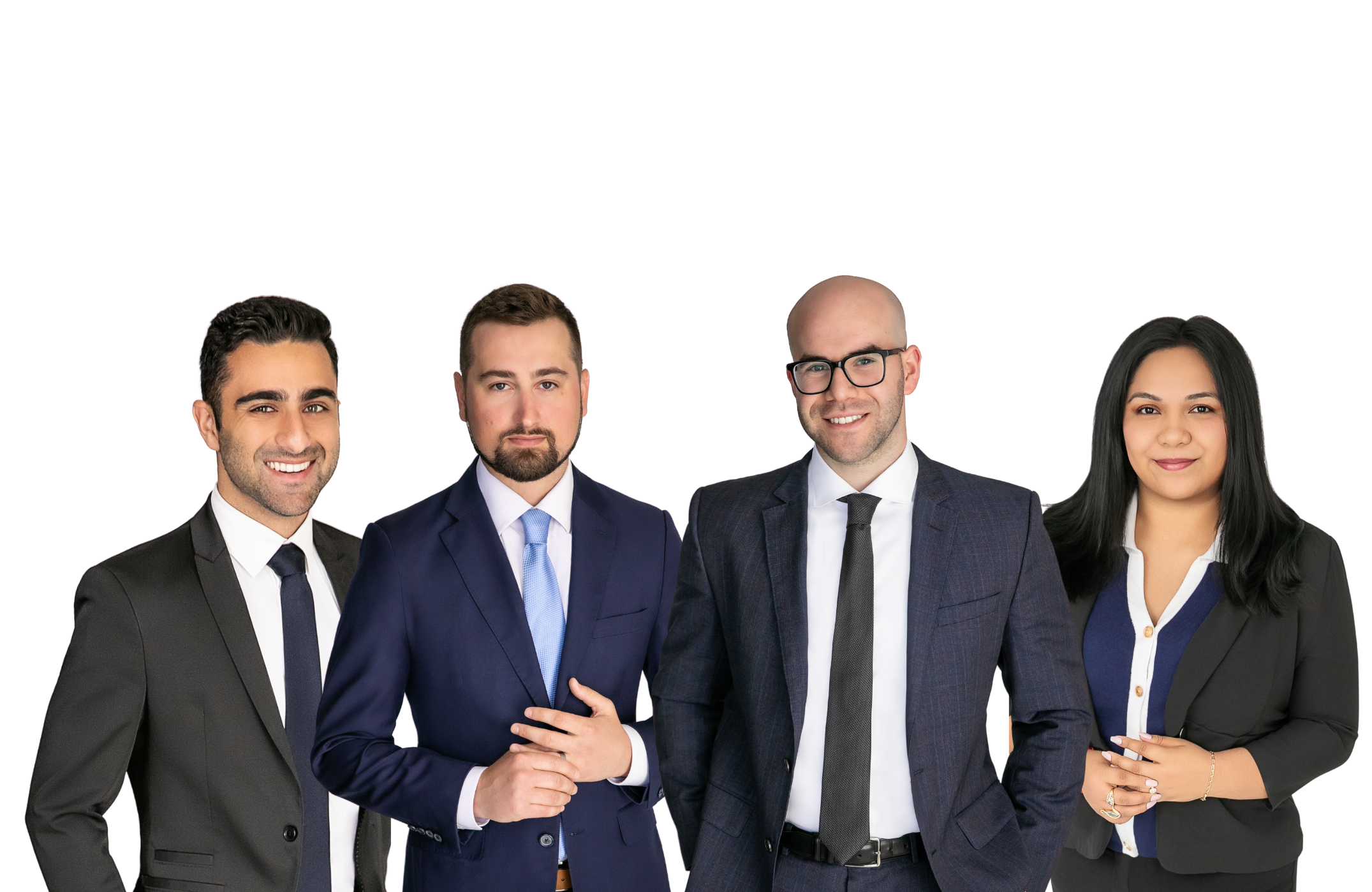Pool Accident Lawyers
Free Consultation Request
Los Angeles Pool Accident Lawyers
Los Angeles Swimming Pool Drowning Lawyers Advocating for Victims and Families
Southern California is known for its sunny weather and outdoor lifestyle, and swimming pools are a common feature in homes, apartment complexes, and public spaces throughout Los Angeles. But with that abundance comes risk. Every year, thousands of people—especially children—are injured or killed in preventable swimming pool accidents. When negligence plays a role in these tragedies, property owners and other responsible parties can and should be held accountable.
At Impact Attorneys, our dedicated Los Angeles swimming pool drowning lawyers represent families who have suffered the unimaginable. Whether your case involves a child who drowned due to a lack of supervision or an adult injured in an unsafe pool environment, we are here to investigate, pursue justice, and fight for full compensation on your behalf.
Who Is Responsible for a Swimming Pool Drowning?
Legal liability in a pool drowning case depends heavily on where the incident took place and who was responsible for the property’s condition and safety measures. In California, premises liability laws require property owners—private or public—to maintain safe conditions and protect guests, especially children, from foreseeable harm.
Privately Owned Pools
If a drowning or near-drowning occurs at a private residence, the homeowner may be liable if they failed to implement proper safety measures, such as fencing, pool covers, warning signs, or supervision during use. Under California’s “attractive nuisance” doctrine, property owners can be held liable even if a child entered the pool area without permission. If a pool gate is left unlocked or broken, the owner may still be considered negligent.
Additionally, landlords who provide access to pools in apartment complexes or rental homes may be held accountable if they fail to enforce safety standards, install proper gates, or repair hazardous conditions. Failure to maintain water clarity, broken tiles, slippery surfaces, or exposed drains can all contribute to liability.
Community and HOA Pools
Swimming pools located in neighborhoods, clubhouses, or gated communities typically fall under the management of a homeowners’ association (HOA) or a private company. These entities are responsible for enforcing safety codes, staffing lifeguards if required, and performing regular inspections. When they neglect these duties, residents and guests are put at risk—and the HOA or management company may be liable.
Government-Operated Pools
Pools managed by city parks, schools, or recreation departments may also be held accountable for drowning incidents or pool-related injuries. However, claims against public entities in California involve special procedures and shortened deadlines under the Government Claims Act. It’s critical to contact an attorney quickly to preserve your right to sue and meet these strict filing requirements.
What Causes Swimming Pool Drownings?
While each drowning incident is unique, many share common causes that stem from poor oversight or failure to follow safety guidelines. Some of the most frequently cited causes of pool drownings include:
-
Lack of supervision, especially at children’s parties or public pools
-
Absence of lifeguards, or unqualified or distracted pool staff
-
Unsecured or broken gates and fences that allow unsupervised access
-
Poor pool maintenance, such as murky water or slippery decks
-
Drain entrapments, which can trap swimmers underwater
-
Inadequate signage, lighting, or safety warnings
-
Alcohol consumption, which impairs coordination and decision-making around pools
In the case of children, silent drowning is especially dangerous—victims often cannot call for help. That’s why attentive supervision and functional safety barriers are essential at all times.
Compensation for Swimming Pool Drowning Injuries or Death
If you or a loved one has suffered injury or loss due to a swimming pool accident, you may be entitled to compensation under California personal injury or wrongful death laws. Depending on the specifics of your case, damages may include:
-
Medical expenses, including emergency care and rehabilitation
-
Long-term therapy and assistive care
-
Funeral and burial costs (in wrongful death cases)
-
Loss of financial support and household services
-
Pain and suffering
-
Emotional trauma and loss of companionship
For children who survive near-drownings, the long-term consequences can be severe—including brain damage from oxygen deprivation, permanent mobility issues, and learning disabilities. Our team works with medical experts and economists to assess these damages and present a full picture of your losses.
Swimming Pool Drowning Statistics
According to the U.S. Consumer Product Safety Commission (CPSC):
-
Roughly 3,500 fatal drownings occur annually in the U.S.—about 10 per day
-
Drowning is the leading cause of accidental death for children under the age of five
-
Nearly 300 children die in pool and spa incidents each year
-
For every child who dies from drowning, another five receive emergency care for non-fatal submersion injuries
-
Brain damage caused by prolonged submersion can result in lifelong disability or coma
These statistics underscore just how critical it is to maintain safe pool environments, enforce supervision, and respond immediately to emergencies.
What to Do After a Swimming Pool Accident or Drowning
Time is of the essence in the aftermath of a pool accident. Whether it’s a non-fatal incident or a drowning, the steps you take right away can impact your loved one’s health—and your legal case.
-
Call 911 immediately and provide CPR if trained to do so
-
Ensure the victim receives emergency medical care as quickly as possible
-
Report the incident to the property manager, lifeguard, or pool supervisor
-
Document the scene with photos and video, including pool gates, signs, drain covers, and conditions
-
Collect witness names and contact information
-
Avoid signing any paperwork or giving statements to insurers before speaking to a lawyer
Preserving evidence early on allows us to determine whether negligence contributed to the incident and who can be held legally responsible.
What If the Drowning Occurs at a Family or Friend’s Home?
Drownings that happen at someone else’s residence can feel especially sensitive, but it’s important to remember that your claim typically goes through their homeowner’s insurance—not their personal bank account. If a pool was left open, a gate failed to latch, or an adult wasn’t supervising when they should have been, legal accountability is appropriate and necessary.
Homeowners are responsible for creating a safe environment for guests—especially when children are present. Filing a claim allows victims and families to receive the financial resources they need to recover, while also encouraging safer pool practices moving forward.
Proving Liability in a Pool Drowning Case
Holding a property owner or facility accountable for a drowning accident requires demonstrating that their negligence caused or contributed to the harm. This might involve showing that:
-
Safety measures (like fencing or pool covers) were missing or defective
-
Warning signs were absent or unclear
-
Supervision was inadequate or untrained
-
Maintenance issues or code violations were ignored
-
The pool environment posed a known danger
At Impact Attorneys, we work with forensic investigators, pool safety experts, and accident reconstruction specialists to build the strongest possible case. Our goal is not just to prove fault—but to ensure that negligent property owners are held responsible and future tragedies are prevented.
Speak With a Los Angeles Swimming Pool Drowning Lawyer Today
If your loved one was injured or killed in a swimming pool accident, the path to justice starts with the right legal guidance. At Impact Attorneys, we understand the heartbreak and frustration that follow these tragic incidents—and we are here to help.
We offer free, compassionate consultations and work on a contingency fee basis. That means you pay nothing unless we win. Call us now at 818-350-2349 to speak with an experienced Los Angeles swimming pool drowning lawyer. Let us fight for your family’s future while you focus on healing.


